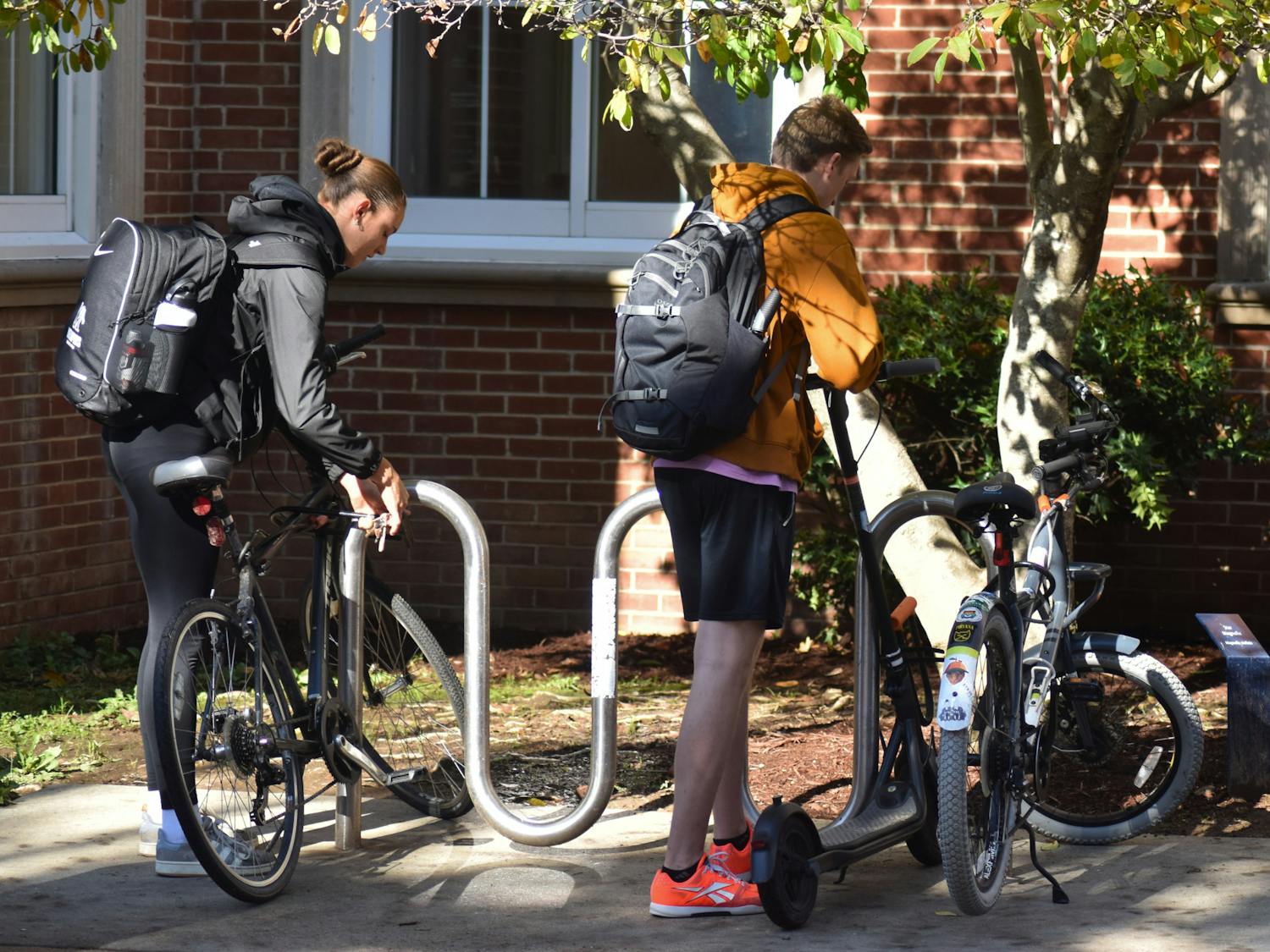The University of Memphis international studies department will be screening the “Lost Generation of Sudan” April 13 at 6 p.m. in the University Center Bluff room.
The screening will give a general overview of the repeated atrocities occurring in the country and how desperate the Sudanese people are for the attacks to stop.
Sudan is the largest country on the continent of Africa. It has seen 26 years of civil war, four genocides, 2.5 million deaths and is still being ruled by an oppressive government.
This government uses acts of violence and intimidation as a means of controlling the citizens of Sudan.
Aaliyah Nicholson, junior international studies major, is a part of the organization Operation Broken Silence.
She will be putting the Sudan screening together for public view.
“My main goal for this screening is to tell the student body about Operation Broken Silence and what they are about,” Nicholson said. “I want to educate people more about what is going on in Sudan and inspire them to get involved in helping from afar.”
The titular lost generation of Sudan is a group of over 25,000 war orphans and children who have fled their communities in Sudan’s Nuba Mountains, due to the government bombing their homes and schools.
The children are known as “lost” because there were no education services available in their refugee camps, which they now call home.
Nicholson, Mark Hackett, senior international studies major, and Keri Brondo, anthropology professor and advisor, are working together under OBS to work exclusively with Sudan to help bring peace and justice.
“We are only a handful of nonprofits that still works in Sudan due to the dangers there, and we are the only nonprofit that uses film for social change in Sudan,” Hackett said. “Sudan represents one of the greatest challenges facing the world today, yet it gets very little media coverage and attention.”
Hackett said he has personally been to Sudan twice. He described his experience as being emotionally jarring and hard to put into words.
“I’ve seen some pretty horrible things in my trips over there, such as communities that have been bombed by the government, trenches being turned into grave yards and mass starvation,” Hackett said. “At the same time, I’ve seen the resilience of the Sudanese people and their passion for fixing the governance issues in their country.”
Hackett said there are lots of reasons people should care, which range from the humanitarian and moral issues to the practical and national security issues.
“I think people should care because this has been going on in Sudan for over three decades now, and most of the Sudanese are just like you and me,” Hackett said.
“They want jobs, they want their kids to go to school, and they want to live free from fear,” he said. “And after 26 years of genocide, it’s simply time to say enough is enough and to give the Sudanese the resources they need to fix their country.”





